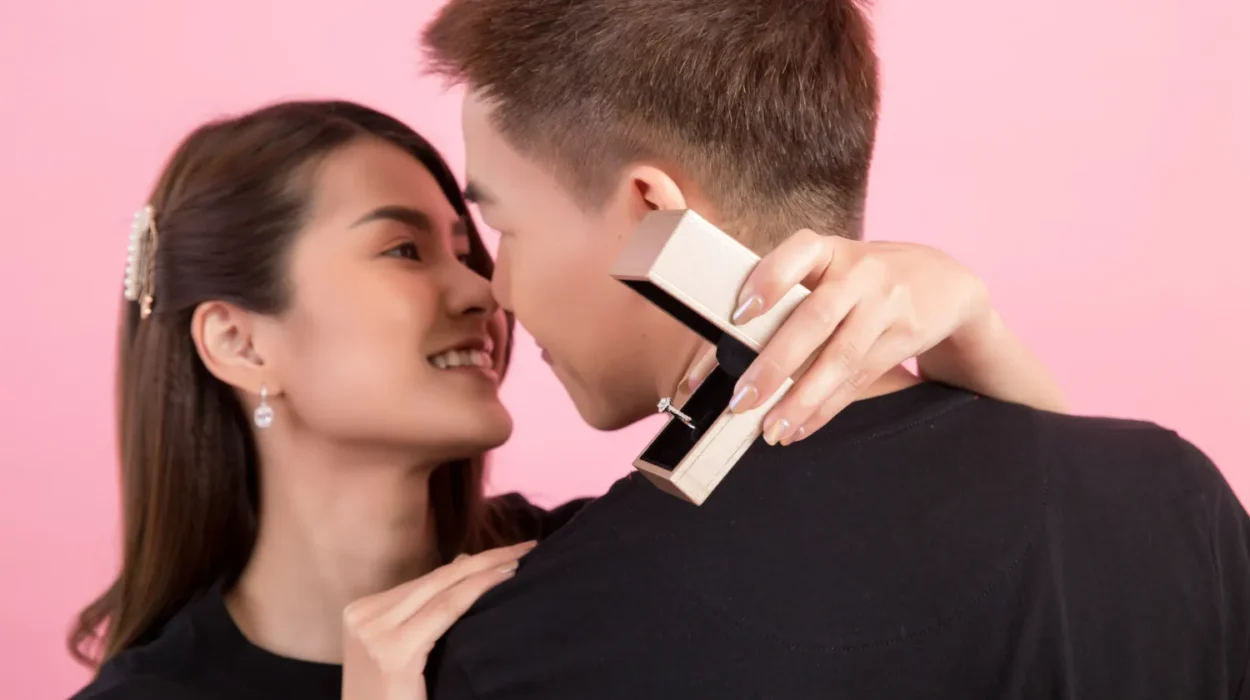Present Perfect Tense (2023)
The present perfect tense is employed to discuss recent past events that still have an impact on the present moment. It is constructed with “have” and a past participle, which means the verb’s third form. Read a comprehensive explanation of the Present Perfect Tense.
It represents a grammatical combination of the present tense and past aspect, illustrating an action that took place in the present. It serves as a connection between the present and past tenses.
The present perfect can be used to talk about the past in a number of different ways:
- To give new information or news.
- To talk about a repeated action that continues to happen over a period of time.
- To talk about an event that started in the past and is still happening now.
Examples:
- Hii! I have arrived in Bengaluru. My plain arrived 5 minutes ago
- I have visited London every summer since I was 20.
- Alisha has gone on a trip to New York.
Present perfect tense Examples
I spoke to him three times this week. For how long have you been acquainted with John? Have you visited Spain before? She read that book already. Our team just won the match. She has been working here since January. The flight hasn’t arrived yet. Have you ever tasted mango? How long have you both known each other?
How to Form Present perfect tense?
Examples:
- I watched that movie.
- I located my key.
- I completed my homework.
- I prepared dinner.
- They resided here since 2012.
- I recently sent the email.
Regular Past Participles:
Regular past participles are created by adding “-ed” to the base form.
| Clean | Cleaned |
| Open | Opened |
| Close | Closed |
| Visit | Visited |
| Invite | Invited |
| Listen | Listened |
| Smile | Smiled |
| Want | Wanted |
| Watch | Watch |
| Work | Worked |
Irregular Past Participles:
English has numerous irregular past participles, and they can appear quite distinct from the base form. These irregular past participles are commonly used in the Present Perfect Tense.
| Sing | Been |
| Eat | Bought |
| Drive | Driven |
| Take | Taken |
| Speak | Spoken |
| Fly | Flown |
| Break | Broken |
| Choose | Choosen |
| Write | Written |
| See | Seen |
Been/Gone: “Be” and “Go” are both utilized in the present perfect to discuss visiting a place, but they convey different meaning
Examples:
- I haven’t checked my messages lately. Where have I been?
- She has gone to the library.
- Have you been to the new restaurant downtown?
- They have gone on vacation to the mountains.
- He hasn’t been to that part of the city before.
- We have gone through the entire agenda for the meeting.
- Has she been to the art exhibition yet?
- The package has gone missing.
- I haven’t been to the gym in weeks.
- They have gone shopping for new clothes.
Present perfect in us English
- I’m skipping dessert! I had too many snacks. (US)
I’m skipping dessert! I’ve had too many snacks. (UK)
- I’m having trouble finding my passport. Did you spot it? (US)
I can’t find my passport. Have you seen it? (UK)
Sentence Structure and Rules
Simple Statements: {Subject + is/are + verb (present participle) + object}
Negative Statements: {Subject + is/are + not + verb (present participle) + object}
Yes/No Type Question Statements: {Is/Are + subject + verb (present participle) + object + ?}
Wh- Type Question Statements: {Wh- type word + is/are + subject + verb (present participle) + object + ?}
Examples of Present Prefect tense
- They have completed the project on time. (positive)
- I have visited the museum before. (positive)
- We have finished the assignment. (positive)
- He has not arrived at the party yet. (negative)
- Have you read the new book? (question)
- What have they prepared for the event? (wh question)



